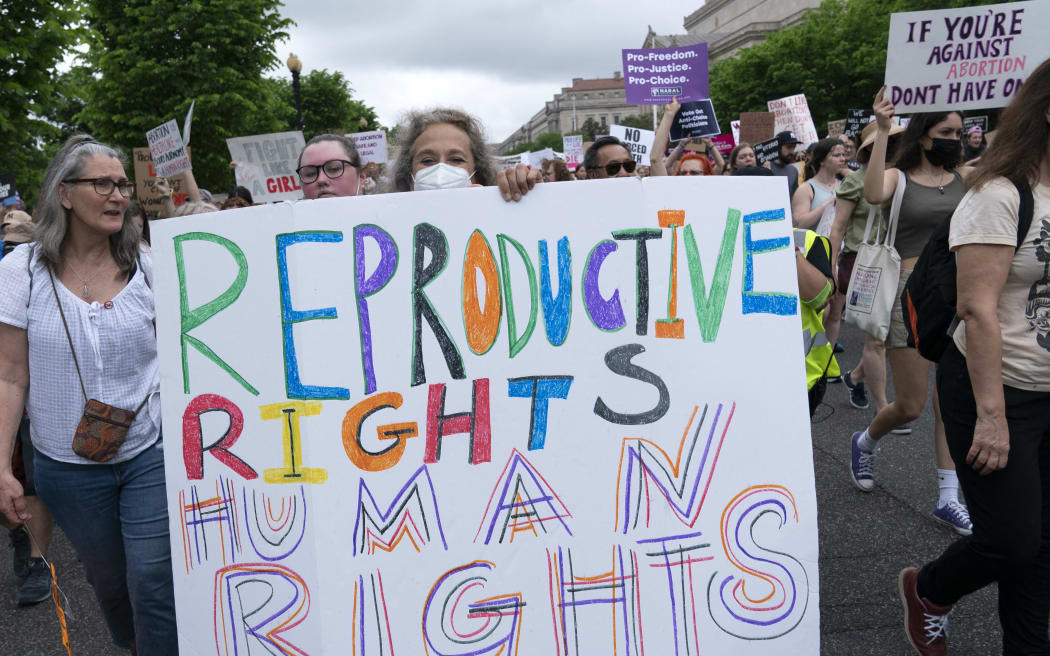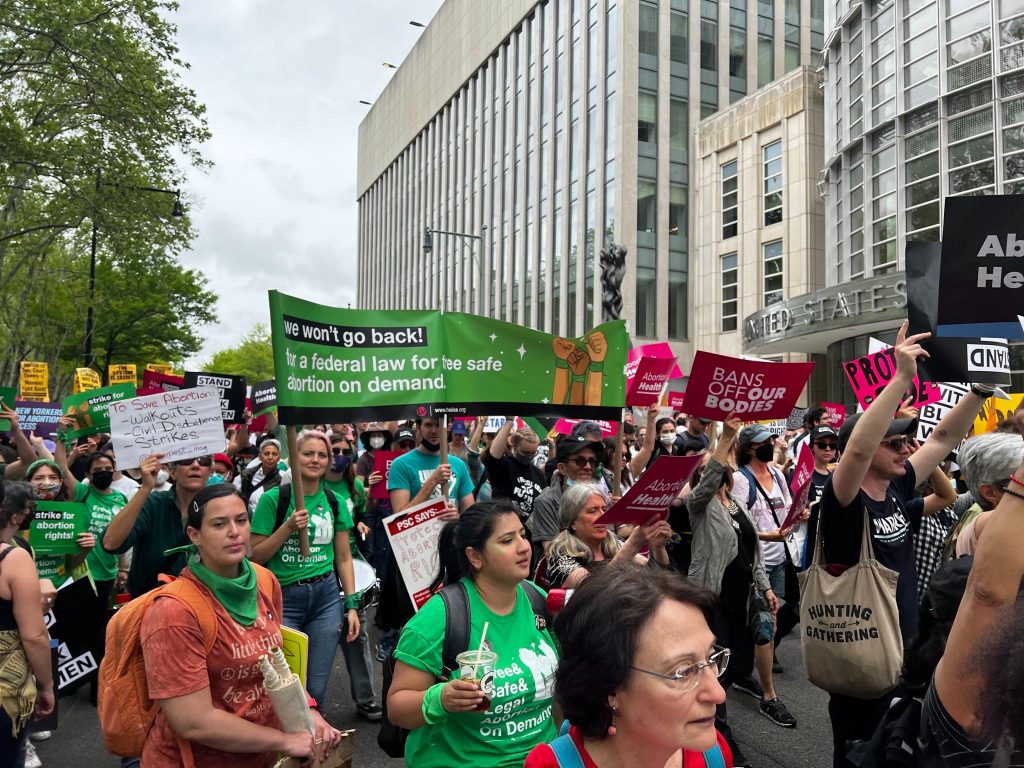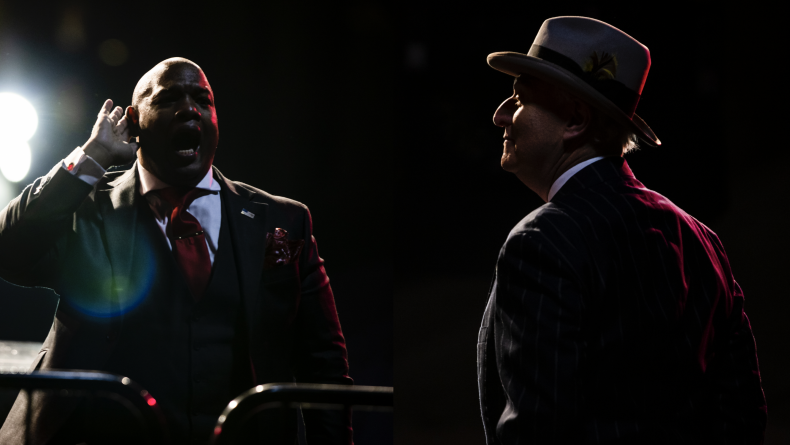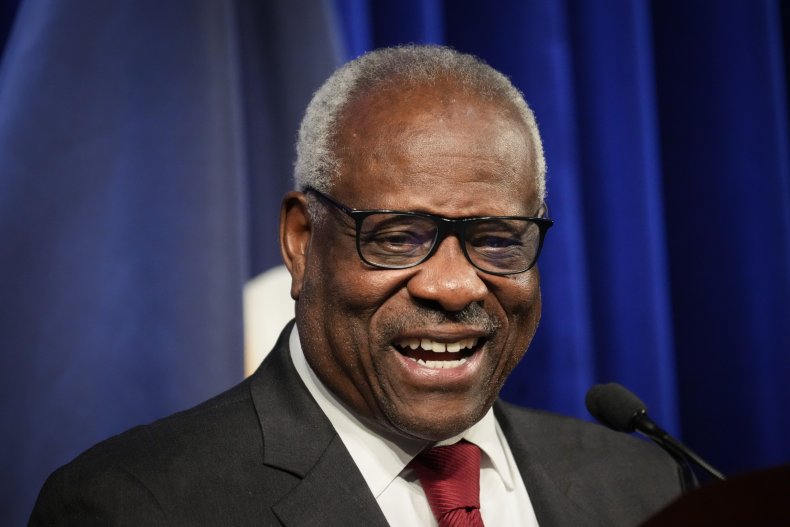Marcos victory in the Philippines reflects a new arc of old politics in Southeast Asia
Author: Editorial Board, ANU
The last time a Marcos claimed victory in a Philippine presidential election, it was on the back of a victory so tainted by fraud it sparked a democratic revolution. Thirty-six years later, voters in Southeast Asia’s second-biggest democracy have delivered Ferdinand ‘Bongbong’ Marcos Jr to the presidential palace from which he fled along with his father into exile. Those who fought for democracy in the 1986 ‘people power’ revolution, and who fought to protect the achievements of the movement since then, are understandably shellshocked.
![]()
In our first lead article this week, Ronald Holmes writes that ‘Bongbong’s victory testifies to an effective rebranding of his persona’ that ‘glorified martial law and refuted narratives about [his] family’s ill-gotten wealth’. As Ferdinand Sr’s dictatorship recedes into history, many voters seem to have bought Ferdinand Jr’s line that it was a golden era of progress and stability.
Polls showed a pro-Marcos wave across the Philippines’ yawning social divides, with clear majorities of both rich and poor voters backing him. Bongbong will be the first post-‘people power’ president to win with an outright majority of votes, meaning that ‘he takes on the presidency with an unequivocal mandate that even outgoing president Rodrigo Duterte did not have’, says Holmes.
Indeed, the result is also a vote for extending the Duterte agenda. Voters overwhelmingly told pollsters that they wanted continuity. With Duterte’s estranged vice president Leni Robredo the only viable vehicle for change, and former ally and boxing champ Manny Pacquiao having fallen out with the president’s camp, Marcos was the default choice for Duterte supporters.
Contemporary grievances and partisan loyalties explain the result as much as historical memories. But there is nonetheless an immense symbolism in the return of the Marcos family to the presidency in the Philippines, one that chimes with a politics of nostalgia — or perhaps amnesia — that’s bubbling up in other parts of Southeast Asia.
As Francis Hutchinson writes in our second lead article this week, while ‘long characterised by “stability” and excessive concentration of power, Malaysia’s politics have become fluid and unpredictable’ in the aftermath of the defeat of Najib Razak’s government amid a massive corruption scandal in 2018, and the collapse of the reformist Pakatan Harapan government that replaced it. ‘Political institutions have since been in flux’, says Hutchinson, and the United Malays National Organisation (UMNO) — in which former prime minister Najib remains influential — ‘is hell-bent on returning to what it sees as its rightful position at the apex of national power’.
As Hutchinson sees it, Malaysia’s ‘grand old party is selling its old formula — Malay dominance and traditional patronage politics’. Mounting hip pocket concerns and weariness of elite infighting are embedding a yearning among some voters for the stability and largesse of Najib’s leadership. The result is that the former prime minister, who’s appealing a conviction for corruption offences, is enjoying a resurgence in popularity.
In this there are echoes of the situation in Indonesia, where nostalgia for the Soeharto era — when corruption was kept out of sight, and policy mistakes were easier to paper over — is endemic though certainly not universal. That nostalgia has found an electoral outlet in the serial candidacies of Prabowo Subianto, who as a former army general defended his then-father in law’s regime to the bitter end, and who has appealed explicitly to disaffection with democracy. Prabowo remains a leading candidate in the upcoming race to succeed President Joko Widodo, who himself has subordinated human rights and institutional reform to stability and development.
A broad-brush analysis of these trends in Southeast Asia’s ‘big three’ electoral regimes suggests that the benign technocracy of a previous generation of leaders — exemplified by Susilo Bambang Yudhoyono, Benigno Aquino III and Abdullah Ahmad Badawi — is firmly out of fashion. In its place there is the growing prestige of what the sociologist Marco Garrido, writing about the Duterte-era Philippines, has called the ‘disciplinary state’, in which elected leaders honour the principle of electoral competition while ‘“disciplin[ing]” democracy by circumscribing its scope with respect to certain freedoms’.
In some ways this represents the rehabilitation of the Cold War-era bargain in which political freedom was foregone, or ostensibly delayed, for the sake of nation-building and economic growth. The difference now is that this ‘deal’ is not presented to a disenfranchised public as a fait accompli — it’s receiving endorsement at the ballot box and in opinion polls.
The principle of legitimation through free and fair elections has been entrenched. But it is increasingly decoupled from anti-corruption policy agendas (as voters shrug at the graft incidental to delivering the public goods they demand) and regard for the liberal rights that form the ‘soft tissue’ of democracy (as these instead come to be seen as vectors for the illegitimate influence of special interests).
By leaving institutional reforms unaddressed, this kind of politics contains the seeds of its own future crisis. In the Philippines, strengthening the central government’s capacity to deliver public goods, at the expense of local powerbrokers’ ability to direct state resources for their own political ends, is a critical development challenge. Indonesia’s endemic corruption is a major barrier to achieving the growth required to create jobs for the young people entering the workforce. And Malaysia will underachieve economically until it winds back the system of race-based affirmative action that politicians use as a conduit for clientelist politics.
In any case, Western leaders who have invested heavily in the rhetoric of democracy as a plank of the ‘rules-based order’ need to have a plan for dealing with the growing crop of leaders in Southeast Asia and elsewhere in the Asia Pacific, who don’t fit neatly into the categories of dictator or democrat.
The EAF Editorial Board is located in the Crawford School of Public Policy, College of Asia and the Pacific, The Australian National University.
Despite huge victory, Bongbong underwhelms
Author: Ronald D Holmes, De La Salle University
A Philippine commentator described Ferdinand ‘Bongbong’ Marcos Jr’s victory as overwhelming. This is apt based on the current vote count. Bongbong will be the first president after the 1986 political transition to be elected by a majority of voters in a plurality electoral system. He takes on the presidency with an unequivocal mandate that even outgoing president Rodrigo Duterte did not have.
![]()
Bongbong’s victory testifies to an effective rebranding of his persona. The rebranding was actively prosecuted on social media and started with stories in various social media platforms that glorified martial law and refuted narratives about the family’s ill-gotten wealth. The rebranding was abetted by Duterte’s decision to bury Bongbong’s father — the late dictator — in the National Heroes’ Cemetery. This affirmed the imagined heroism of the dead despot, a historical distortion Marcos Sr peddled in the early 1960s as he prepared to vie for the presidency in 1965.
Bongbong successfully projected himself as an anti-populist with his oft-repeated message of unity that inspired hope among a public that hankered for a recovery after a debilitating pandemic.
The alliance between the Dutertes and the Marcoses could also be credited for the Bongbong landslide. While Duterte called Bongbong a weak leader and spoiled child in November 2016, the scathing critique did not dent Bongbong’s voting support as he was already paired up at the time with his running mate Sara Duterte, Rodrigo’s daughter. Bongbong’s pre-election support reached majority in December 2021.
Bongbong’s support significantly increased across all sub-national areas, but the largest increase was in the major island that is regarded as Duterte country — Mindanao. From 8 per cent of Mindanawon voters expressing support for him in September 2021; that soared to 64 per cent in December 2021. Bongbong’s partnership with Sara proved extremely beneficial, as he was able to sustain such level of support in Mindanao until election day, and even in the Bisayan-speaking Central Visayas region where the Duterte name continues to draw substantial support.
Bongbong and Sara’s victory can be attributed to the weakness of the opposition. The weakness of the opposition, and Bongbong’s main challenger outgoing vice president Leni Robredo, were partly Duterte’s doing. The populist Duterte constantly hit on the alleged deficiencies and abuses of the immediate past administration of the late president, Benigno S Aquino III. Duterte called Robredo incompetent and unfit to be president. Robredo herself has been the main target of disinformation across her term and in the months leading up to the election.
The unwillingness of the opposition to counter false narratives contributed to the decline in the support for it. Robredo’s approval and trust ratings incrementally declined within her term due to the attacks from Duterte and his legion of social media influencers. Robredo admitted this herself first in 2019, and most recently when she said: ‘When I started my term, I was too naive about how powerful social media was or how powerful social media was going to be, that I did not do enough’.
But the biggest failure of the mainstream opposition was its inability to pass institutional reforms when they had the chance, in particular under Aquino III. Such reforms include the legislation of a freedom of information act, the political party development act and the decriminalisation of libel.
Several days after the 9 May 2022 elections, attention has focused on the decisions that the presumptive president, Bongbong will take. So far, he has announced that his running mate Sara has accepted the education portfolio, even though she preferred to be appointed defence secretary.
In his conversation with US President Joe Biden, Bongbong assured him that the Philippines would always hold the United States in ‘high regard as friend, an ally and a partner’. While the congratulatory message of Chinese president Xi Jinping was hand-delivered by the Chinese ambassador, Bongbong has yet to respond publicly.
Unlike his running mate Sara, who has urged her supporters to reach out to those who backed her opponents, Bongbong has not uttered a word that affirms his commitment to fulfill his campaign message of unity. The delay in constituting his cabinet and in issuing key policy pronouncements reflects how unprepared Bongbong is to lead the country. Despite an overwhelming victory, Bongbong underwhelms.
Ronald D Holmes is Professor of Political Science and Development Studies at De La Salle University and President of Pulse Asia Research Inc. The views expressed in this article are solely the views of the author and the author alone.
/cloudfront-ap-southeast-2.images.arcpublishing.com/nzme/JFHJUF6CDHG5N2QKTVQCJOBEEM.jpg)









